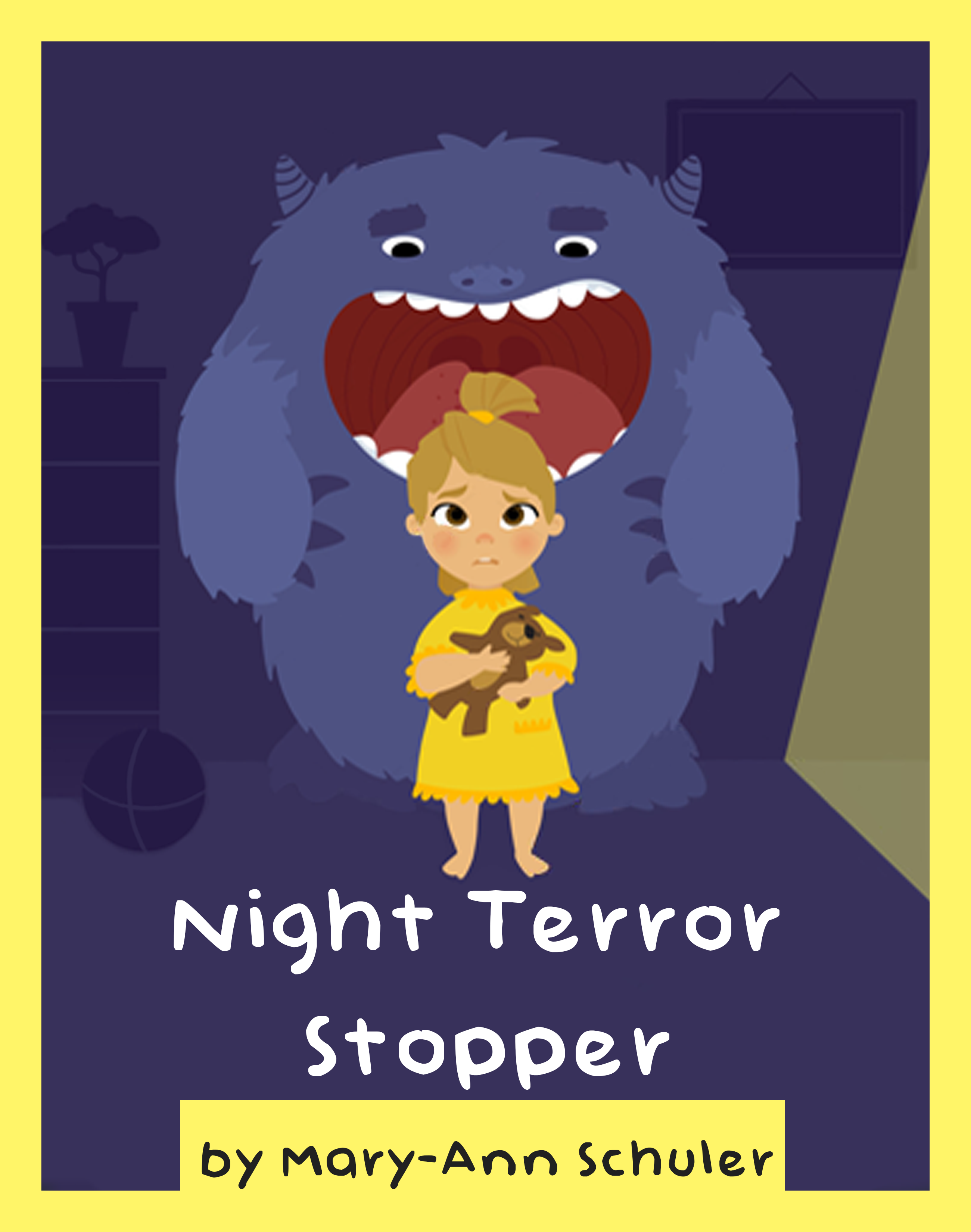The Impact of Music on Baby’s Development: Brain, Motor Skills, and Well-being
Music has been a universal language that has transcended age, culture, and time. Its impact on human development, particularly in babies, has been a subject of extensive research. In this article, we will explore the various ways in which music can benefit a baby’s brain development, motor skills, and overall well-being.
The Impact of Music on Baby’s Brain Development

Research has shown that exposure to music at an early age can have a profound impact on a baby’s brain development. Listening to music stimulates various areas of the brain that are responsible for language, memory, and emotional development. In fact, studies have shown that babies who are exposed to music tend to have better cognitive skills and are more adept at problem-solving later in life.
Furthermore, music has the ability to strengthen the neural connections in a baby’s brain, which can lead to improved communication skills and emotional intelligence. This is because music engages both the left and right hemispheres of the brain, allowing for greater coordination between the two halves. Overall, the impact of music on a baby’s brain development cannot be overstated.
Benefits of Music for Infants and Young Children
In addition to brain development, music also offers a myriad of benefits for infants and young children. Music has been shown to have a calming effect on babies, reducing stress and anxiety levels. This can be particularly helpful during bedtime or times of distress. Furthermore, music can also improve a baby’s mood and emotional well-being, leading to a happier and more content child.
Moreover, music can also enhance a baby’s auditory skills, helping them to distinguish between different sounds and tones. This can be beneficial for language development, as babies who are exposed to music tend to have a larger vocabulary and better communication skills. Overall, the benefits of music for infants and young children are vast and significant.
How Music Can Improve Motor Skills in Babies

In addition to cognitive and emotional development, music can also play a crucial role in improving a baby’s motor skills. When babies move to the rhythm of music, they are engaging their motor skills and coordination. This can help babies develop better control over their movements and improve their balance and spatial awareness.
Furthermore, music can also encourage babies to explore their environment and engage in physical activities. For example, dancing to music can help babies develop their gross motor skills, while playing with musical instruments can improve their fine motor skills. Overall, incorporating music into a baby’s daily routine can have a positive impact on their physical development.
Incorporating Music into Your Baby’s Daily Routine
There are many ways to incorporate music into your baby’s daily routine. One simple way is to play soothing music during bedtime or naptime to help your baby relax and fall asleep. Singing lullabies or nursery rhymes to your baby can also be a great way to bond and create a calming atmosphere.
Additionally, you can introduce your baby to musical instruments such as rattles, drums, or toy pianos to encourage them to explore and play. Dancing with your baby to music can also be a fun and interactive way to improve their motor skills and coordination. Ultimately, incorporating music into your baby’s daily routine can provide numerous benefits for their development and well-being.
In conclusion, music plays a vital role in a baby’s development, from brain development to motor skills and emotional well-being. By exposing your baby to music at an early age and incorporating it into their daily routine, you can help them reach their full potential and thrive in all areas of development. So go ahead, sing, dance, and play music with your baby – the benefits are endless.







